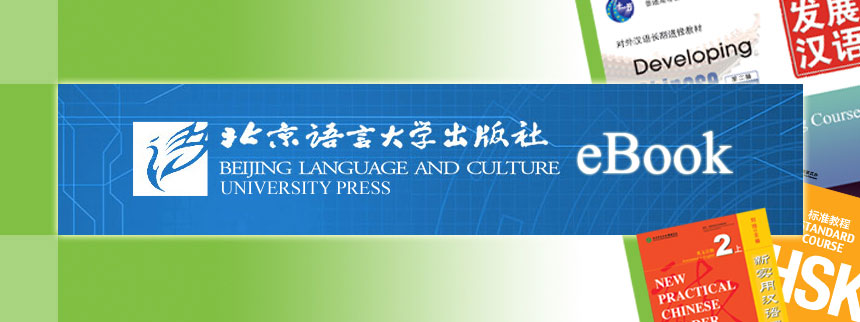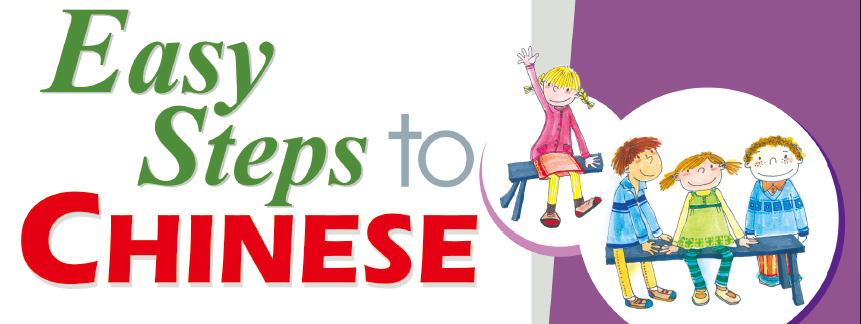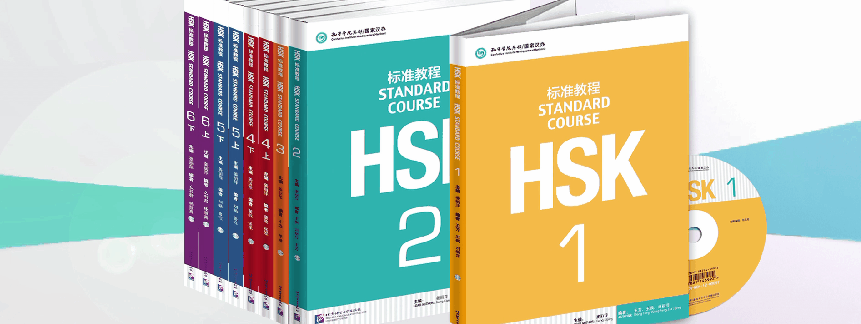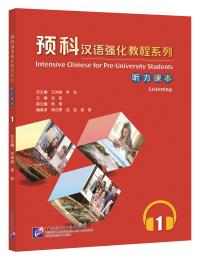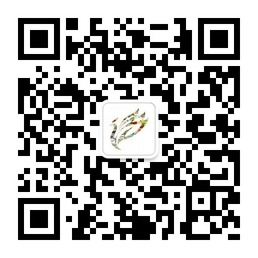Online Bookstore
- Developing Chinese (3rd Edition) Intermediate Listening Course (I)
- Developing Chinese (3rd Edition) Intermediate Listening Course (Ⅱ)
- Elementary Chinese Comprehensive Course Ⅲ
- Online Reading (Non-downloadable): Chinese Listening Course (3rd Edition) Book 3
- Online Reading (Non-downloadable): Chinese Listening Course (3rd Edition) Book 2
- Setting Sail with Chinese: Vocabulary Course (Elementary Ⅱ)
Intensive Chinese for Pre-University Student Listening 1
Author:Wang Yaomei, Li An
- Medium:Books
- ISBN: 9787561954966
- Page Count: 156
- Size:285 × 210 mm
- Pub Date:2019-09
- The book weight: 423 g
- Annotation Language:English
- Course:Listening
- Target Audience(Age):College ,Adults
- Target Audience(Language):Beginner,Elementary
- Subject Zone: Intensive Chinese for Pre-University
- Price:
-
Category: Textbooks >Study in China >Long-Term
Textbooks >Study in China >College-Prep
More

